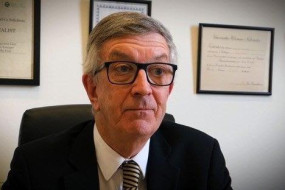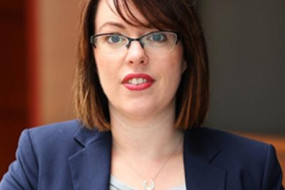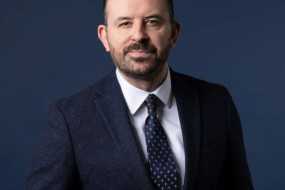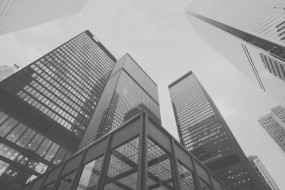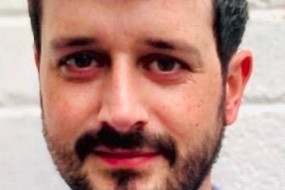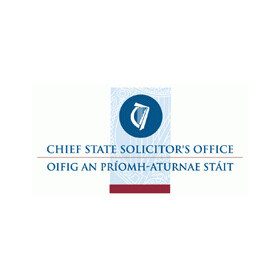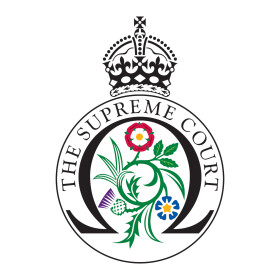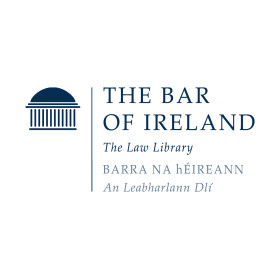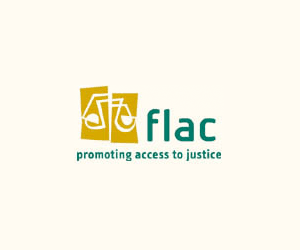Employment law solicitor Richard Grogan considers the need for new legislation to address the gig economy. By structuring a contract in a particular way, a business can avoid giving an employee any employment law rights.
Opinion
In an open letter first published by The Irish Times and included below in full, experts from seven universities and 13 NGOs in Ireland oppose the government's plans to use facial recognition technology for policing. The Minister for Justice plans to expand Garda surveillance powers with policing fa
Dr Vicky Conway calls on the government to take urgent action to secure the rights of criminal suspects. The shocking treatment of Joanne Hayes and her family by gardaí was back in the spotlight this week, with allegations of garda brutality, forced confession and fabricated statements laid b
Keith Doyle, senior associate at BHSM LLP, examines an accelerating trend in the commercial real estate sector towards taking wellness seriously. Awareness of health and wellness, in society at large and in our places of business, has reached an all-time high. Even before Covid-19, the world of busi
Ronan Dunne, partner at Philip Lee, considers what the exit of Ireland's last remaining overseas retail banks means for competition in Irish banking. The competitive landscape of the Irish retail banking market is set to change dramatically in 2022. The impending departures of both Ulster Bank and K
Benjamin Bestgen takes a philosophical look at corruption. In November 2021, Prime Minister Boris Johnson felt the need to tell the world’s media at the COP26 conference that the UK was not remotely a corrupt country. The PM took this step as both he personally and his Tory party are, not for
Lisa Bryson, employment partner at Eversheds Sutherland in Belfast, argues that the "people factor" will be key to corporate climate action. As the curtain fell on COP26 last month, many were left speculating what the conference meant for them. The Glasgow Climate Pact, while making advances in the
Jason O'Sullivan, solicitor and public affairs consultant at J.O.S Solicitors, calls on Irish insurers to make good on their promises to lower premiums. The lobbying and public affairs industry in Ireland plays an important role in helping to shape public policy and legislative agendas. It is an imp
Alison Cassidy, partner at DAC Beachcroft in Belfast, comments on Northern Ireland's low personal injury discount rate. It has been over five months since the Department of Justice made a shock announcement to change the personal injury discount rate (PIDR) from +2.5 per cent to -1.75 per cent, leav
Liam Herrick, executive director of the Irish Council for Civil Liberties (ICCL), argues that the non-jury Special Criminal Court must be abolished. The Irish Council for Civil Liberties has opposed the use of the Special Criminal Court since our foundation. The weakening of fair trial rights and us
Philip Alston, the John Norton Pomeroy professor of law at NYU School of Law, argues that gender diversity on the International Court of Justice must be taken more seriously. In Is There a Special Practice?, Antonios Tzanakopoulos has written a very learned post seeking to dispel the notion that the
Johnny Ryan, senior fellow at the Irish Council for Civil Liberties (ICCL), calls for urgent reform to Ireland's Data Protection Commission. Even as Covid-19 has forced us to spend more time online, we face a deepening privacy crisis. Headlines about predatory profiling of vulnerable people by gambl
Dr Sandra Duffy comments on last week’s English Court of Appeal ruling on transgender children’s access to puberty blockers. On Friday 17th September, the Court of Appeal for England and Wales handed down its decision in the appeal of Bell v Tavistock and Portman NHS Trust. This judgment
Christopher McCann, solicitor and head of the Traveller legal service at legal rights group FLAC, recounts a High Court case where civil legal aid was not available. On 29 July 2021, FLAC called on the Minister for Justice, in the context of an upcoming review of civil legal aid provision, to ensure
Last month the team at HOMS Assist secured a high value undisclosed settlement and an apology from the HSE for our client, a widow whose young husband died as a result of deficits of care at the University Hospital Kerry, which tragically resulted in his untimely death. However, it took a four-year





